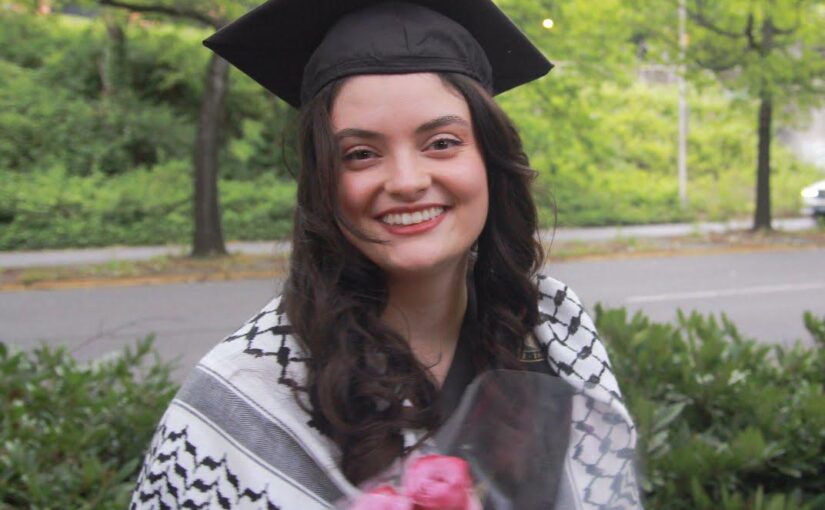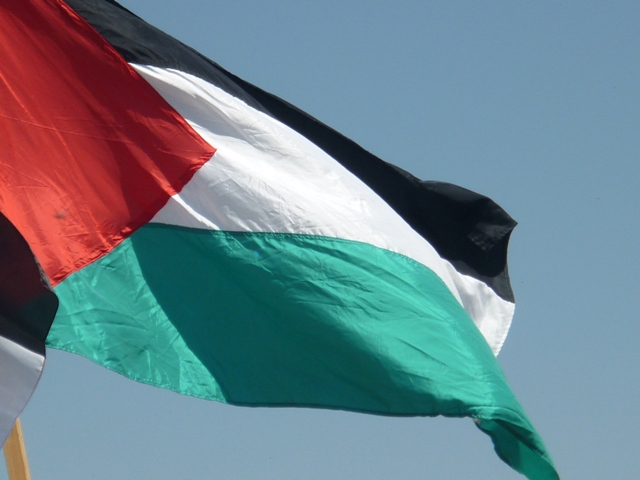Tag: Beita
-
A Response to the Killing of Aysenur Ezgi Eygi (From Cindy and Craig Corrie)
The Corries are the parents of Rachel Corrie, a volunteer with the International Solidarity Movement (ISM) who was killed by the Israeli military on March 16, 2003, as she stood to prevent the demolition of a Palestinian home in Rafah, Gaza Strip. September 6, 2024 On Friday, a soldier in the Israeli military killed American…
-
Statement from the family of Ayşenur Eygi
Today our family and our community are in shock and grief, as we wrestle with the reality that our beloved Ayşenur Ezgi Eygi is gone. Like the olive tree she lay beneath where she took her last breaths, Ayşenur was strong, beautiful, and nourishing. Her presence in our lives was taken needlessly, unlawfully, and violently…
-
Statement issued by Beita municipality regarding the martyrdom of the foreign solidarity activist on Mount Sabih
The Beita Municipality condemns in the strongest terms the crime of execution committed by the occupation forces against the American solidarity activist of Turkish origin, Ayşenur Ezgi Eygi, by firing live bullets at her and hitting her directly in the head, where she fell on the land of our town of Beita, to be her…


